"What drives me most is the desire to give people the skills and confidence to use these applications and code up their own software solutions, given the fact that they have the capability to do it."
What led you to work for PETA?
I have always been interested in some elements of technology, specifically the programming side of computing and have regularly investigated different ways to streamline the process of everyday activities, using this to try to encourage people to engage with programming at a more fundamental level.
I don't believe that programming should be concerned with vast projects, I think most programming projects should be concerned with solving individual small problems on a day-to-day basis. I've worked as both a traditional tutor, trainer, systems administrator and advocate for people who are struggling. In terms of things that I liked when I was younger and when I studied at university, I was more drawn to the sciences and mathematical subjects, and this through to university I studied psychology, economics, politics and mathematics, often focusing on the scientific side of these disciplines, especially the psychology.
What is your role at PETA and what drives you to do what you do?
My basic role is trainer for the software apprenticeships as well as a corporate trainer for applications associated with Microsoft 365, such as SharePoint, the Power Platform, and Microsoft Teams. What drives me most is the desire to give people the skills and confidence to use these applications and code up their own software solutions, given the fact that they have the capability to do it, and try to support people in their understanding of what can often be rapidly changing but ever present IT landscape.
What knowledge and experience do you draw upon for your role?
Experienced with a variety of different programming languages, with a specialism in web-based languages such as PHP, various JavaScript libraries and database engines. I've worked as both trainer, and system administrator for national training organisations, often involved in digital migrations from one platform to another. In most my experiences, I've taken the role of the e-learning advocate and constantly look for new and innovative ways to deliver knowledge.
How do you approach your role on a day-to-day basis? What skills are required?
For my style, what is required is a good understanding of what information technology can offer to the learning environment, preferring it to be seen as something that is interactive as opposed to purely static. What I mean by this is my sessions will rarely involve passively consuming educational resources, instead they will be much more likely to involve some level of engagement with each individual learner to support them in their learning. There needs to be an understanding as to what assessment opportunity can be taken out of the most mundane situations.
What's your teaching style?
Delivery is normally in the form of a highly personalised journey with multiple interactive online resources, supporting the more structured format of the sessions. If you walked into one of my classes, you would be likely to see people working at different stages and different levels of content. You would be very unlikely to see me sat at the front in front of a presentation, I'd be more likely to be working my way around the class, talking to individuals and trying to get some idea of anywhere where they could be additionally supported. I'm a firm believer in the social nature of learning, I will always try to have a high level of discussion and interaction.
What are you passionate about outside of work?
Travelling, prior to lockdown I spent two years working in Dublin, Ireland and I have spent a great deal of time in the United States, specifically Pittsburgh, New Orleans and New York. I have visited China, Germany, Austria, Romania, Greece, Canada, Turkey and the Czech Republic, and I think travelling is one of the best things to do to broaden your horizons.
What are your personal values and what is important to you?
Keeping a sense of humour is one of the most important things to me and not letting things get on top of you, and if they are don't be afraid to reach out and ask for help. Realise that we're all in it for the same end goal, and that people are not out to get you.
